Home>Garden Essentials>What Is A Canola Seed
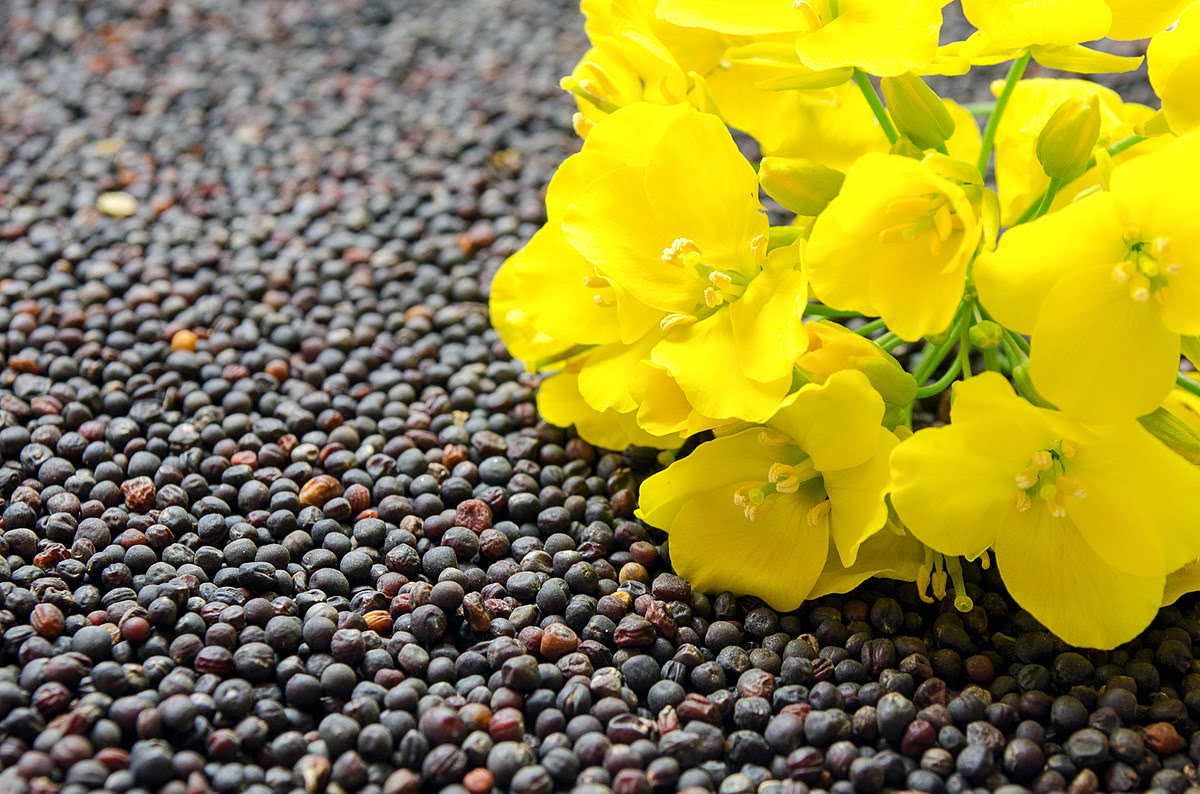

Garden Essentials
What Is A Canola Seed
Modified: March 15, 2024
Discover the benefits of growing your own garden with canola seeds. Find out how to plant, care for, and harvest these nutritious and versatile plants in your backyard.
(Many of the links in this article redirect to a specific reviewed product. Your purchase of these products through affiliate links helps to generate commission for Storables.com, at no extra cost. Learn more)
Introduction
Welcome to the world of gardening! Whether you are a seasoned gardener or a beginner with a green thumb, one thing is for certain – the joy and satisfaction of watching plants grow and flourish can be truly rewarding. And what better way to enhance your gardening experience than by growing your own food? Not only does it provide a sense of self-sufficiency, but it also allows you to have full control over the quality and freshness of the produce you consume.
In this article, we will dive deep into the fascinating world of canola seeds. Canola seeds, derived from the canola plant, are a versatile and nutritious addition to any garden. They are not only a great source of essential nutrients but also have a wide range of culinary uses. So, let’s explore what makes canola seeds so special and how you can incorporate them into your gardening and cooking adventures.
Key Takeaways:
- Canola seeds are nutritious, heart-healthy, and versatile. They offer essential nutrients, promote heart health, and have a wide range of culinary uses, making them a valuable addition to any garden and diet.
- Canola seeds have a rich history and are cultivated in temperate regions. Their cultivation involves sustainable farming practices and offers numerous health benefits, but it’s important to consider potential concerns and controversies.
Read more: How To Store Canola Oil
Definition of Canola Seed
Canola seeds are the tiny, oval-shaped seeds from the canola plant (Brassica napus), which belongs to the same family as mustard, broccoli, and cabbage. Canola seeds are often referred to as “oil seeds” because they are primarily cultivated for their oil content.
The term “canola” is derived from “Canadian oil, low acid,” which indicates the key qualities of these seeds. Canola seeds were developed in the 1970s through selective breeding to reduce the levels of erucic acid and glucosinolates, making them safe for consumption and suitable for use in food applications.
In order for a variety of rapeseed to be classified as canola, it must meet specific criteria set by regulatory bodies. These criteria include having an oil content of at least 40%, low levels of erucic acid (less than 2%) and glucosinolates (less than 30 micromoles per gram), and meeting certain purity standards.
Canola seeds are commonly processed to extract their oil, which is widely used in culinary applications, such as cooking, baking, and salad dressings. The remaining byproduct after oil extraction, known as canola meal, is often used as a protein-rich animal feed.
History and Origin
The history of canola seeds can be traced back to ancient times when they were originally cultivated for their use as a lamp fuel and in traditional medicines. However, the development of the canola plant as we know it today is more recent.
The cultivation and selective breeding of canola seeds began in the 1970s, primarily in Canada, where researchers aimed to improve the nutritional profile and reduce the levels of harmful compounds in rapeseed plants. Rapeseed, from which canola seeds are derived, has been grown for centuries, but it contained high levels of erucic acid, which can be harmful to human health and undesirable for consumption.
In the 1960s, Canadian scientists discovered a natural variant of rapeseed with lower levels of erucic acid. Through continued research and selective breeding, they were able to develop varieties of rapeseed that met the stringent criteria for safety and quality set by regulatory bodies. These new varieties of rapeseed, low in erucic acid and glucosinolates, were then given the name “canola” to distinguish them from traditional high-erucic acid rapeseed.
The introduction of canola seeds revolutionized the oil industry, offering a safer and more nutritious alternative to traditional rapeseed oil. Canola seeds quickly gained popularity and their cultivation rapidly expanded across Canada and other countries around the world. Today, Canada is one of the leading producers of canola seeds, followed by China, India, and the United States.
With a rich history steeped in scientific innovation and agricultural advancements, canola seeds have become an integral part of the global farming landscape. Their cultivation and usage continue to evolve, driven by the increasing demand for healthier and more sustainable food options.
Nutritional Composition of Canola Seed
Canola seeds are packed with essential nutrients, making them a valuable addition to a healthy diet. Here is a breakdown of the nutritional composition of canola seeds:
- Fat: Canola seeds are known for their high fat content, with approximately 50-60% of their weight consisting of healthy fats. The majority of this fat is monounsaturated fat, which is beneficial for heart health. Canola oil, derived from canola seeds, is often touted for its low saturated fat content and its favorable ratio of omega-6 to omega-3 fatty acids.
- Protein: Canola seeds are also a good source of plant-based protein, containing approximately 20-25% protein by weight. This makes them a valuable addition to vegetarian and vegan diets, providing essential amino acids necessary for muscle growth and repair.
- Fiber: Canola seeds are a good source of dietary fiber, providing both soluble and insoluble fiber. Fiber promotes healthy digestion, aids in maintaining stable blood sugar levels, and contributes to a feeling of fullness, which can support weight management.
- Vitamins and minerals: Canola seeds contain a variety of vitamins and minerals, including vitamin E, vitamin K, folate, magnesium, and potassium. These micronutrients play important roles in maintaining overall health, supporting the immune system, and contributing to proper functioning of various bodily processes.
- Antioxidants: Canola seeds are rich in antioxidants, such as vitamin E and various phenolic compounds. These antioxidants help protect the body against damage caused by harmful free radicals and oxidative stress, which are associated with various chronic diseases.
It is important to note that the nutritional composition of canola seeds can vary slightly depending on factors such as growing conditions, processing methods, and storage. However, overall, canola seeds offer a nutrient-dense profile that can contribute to a well-rounded and balanced diet.
Common Uses of Canola Seed
Canola seeds have a wide range of culinary and non-culinary uses, making them a versatile and valuable ingredient in various applications. Here are some common uses of canola seeds:
- Cooking oil: One of the primary uses of canola seeds is the extraction of canola oil, which is widely used as a cooking oil. Canola oil has a high smoke point and a neutral flavor, making it suitable for various cooking methods, including frying, sautéing, baking, and salad dressings.
- Baking: Canola oil is often used as a substitute for butter or other oils in baking recipes. It adds moisture to baked goods, resulting in tender and moist textures. Canola oil can also be used to make homemade mayonnaise, bread, muffins, and other baked goods.
- Dressing and marinades: The mild flavor of canola oil makes it a popular choice for making salad dressings and marinades. Its neutral taste allows the flavors of herbs, spices, and other ingredients to shine through.
- Sauces and spreads: Canola oil can be used as a base ingredient in various sauces and spreads, such as aioli, pesto, and hummus. It provides a smooth texture and helps emulsify the ingredients together.
- Animal feed: Canola meal, the byproduct obtained after oil extraction from canola seeds, is a valuable source of protein and nutrients for livestock and poultry. It is commonly used as an ingredient in animal feed, contributing to the growth and development of animals.
- Soap and cosmetic products: Canola oil is also used in the production of soaps, lotions, and cosmetic products. Its light texture and moisturizing properties make it a popular choice in skincare products.
- Biodiesel: Canola oil can be converted into biodiesel, a renewable fuel source. The oil is processed to remove impurities and then used as a feedstock for biodiesel production, offering a cleaner and more environmentally-friendly alternative to conventional diesel fuel.
With its wide range of culinary and non-culinary applications, canola seeds prove to be a versatile and valuable ingredient, contributing to the flavor, texture, and nutritional value of various foods and products.
Canola seeds are a type of rapeseed that are low in erucic acid and high in healthy fats. They are commonly used to produce canola oil, which is a popular cooking oil due to its mild flavor and high smoke point.
Read more: What Is A Seed?
Production and Cultivation of Canola Seed
Canola seeds are primarily cultivated in temperate regions around the world, with Canada being the largest producer. Here’s a look at the production and cultivation process of canola seeds:
- Planting: Canola seeds are typically sown in spring or fall, depending on the specific climate and growing conditions. The seeds are planted at a shallow depth of about 1-2 inches in well-drained soil.
- Growth and development: Canola plants thrive in cool temperatures and require adequate sunlight and water. They go through various stages of growth, including germination, vegetative growth, flowering, and seed formation.
- Pest and disease management: Like any crop, canola plants may be susceptible to pests and diseases. Farmers employ various methods, such as crop rotation, integrated pest management (IPM) techniques, and the use of pest-resistant varieties, to protect the plants and ensure healthy growth.
- Harvesting: Canola seeds typically reach maturity around 100-140 days after planting, depending on the variety and growing conditions. The plants produce clusters of yellow flowers, which eventually turn into seed pods. The seeds are ready for harvest when the pods turn brown and dry. Harvesting is done using specialized equipment, such as combine harvesters, which efficiently separate the seeds from the plant material.
- Processing: After harvest, the canola seeds are transported to processing facilities, where they undergo cleaning, drying, and crushing to extract the oil. The extracted oil is then refined, packaged, and distributed for various applications, while the remaining byproduct, known as canola meal, is used as animal feed.
- Sustainability practices: Canola cultivation often incorporates sustainable farming practices, such as conservation tillage, crop rotation, and the use of genetically modified (GM) varieties that offer resistance to pests and diseases. These practices aim to minimize environmental impact, conserve soil health, and improve overall sustainability in agricultural production.
The cultivation of canola seeds requires careful attention to the specific requirements of the crop, as well as adherence to sustainable farming practices. By ensuring proper planting, nurturing, and harvesting, farmers can maximize the yield and quality of canola seeds, contributing to the global supply of this valuable crop.
Health Benefits of Canola Seed
Canola seeds offer an array of health benefits, thanks to their nutritional composition and unique fatty acid profile. Here are some of the key health benefits associated with consuming canola seeds:
- Heart health: Canola seeds contain a high amount of monounsaturated fat and a beneficial omega-6 to omega-3 fatty acid ratio, which have been shown to support cardiovascular health. Consuming canola oil as part of a balanced diet may help reduce the risk of heart disease by lowering cholesterol levels and improving overall lipid profile.
- Anti-inflammatory properties: The omega-3 fatty acids found in canola seeds have anti-inflammatory properties, which can help reduce inflammation in the body. Chronic inflammation is linked to various health conditions, including heart disease, arthritis, and certain cancers.
- Brain and cognitive function: The omega-3 fatty acids in canola seeds play an important role in brain health and cognitive function. They are essential for the development and maintenance of brain cells and may contribute to improved memory, attention, and overall brain function.
- Weight management: Canola seeds are a good source of dietary fiber, which can promote satiety and help control appetite. Including canola seeds in your diet can aid in weight management by reducing overeating and promoting a feeling of fullness.
- Bone health: Canola seeds contain vitamin K, which is essential for proper bone health and may help improve calcium absorption. Consuming canola seeds as part of a balanced diet can contribute to maintaining strong and healthy bones.
- Antioxidant protection: Canola seeds are rich in antioxidants, such as vitamin E and phenolic compounds, which help protect the body against oxidative stress and cellular damage caused by free radicals. Antioxidants contribute to overall health and may help reduce the risk of chronic diseases, including cancer and heart disease.
It’s important to note that while canola seeds offer several health benefits, they should be consumed as part of a balanced diet that incorporates a variety of nutrient-rich foods. Consulting with a healthcare professional or registered dietitian can provide personalized guidance on incorporating canola seeds into your diet to maximize their health benefits.
Potential Concerns and Controversies
While canola seeds have numerous health benefits, there are some potential concerns and controversies associated with their cultivation and consumption. It’s essential to be aware of these issues to make informed decisions about including canola seeds in your diet:
- Genetically Modified Organisms (GMOs): A significant portion of commercial canola crops are genetically modified to enhance traits such as pest resistance. Some individuals have concerns about the potential long-term effects of consuming genetically modified foods. If you prefer to avoid GMOs, you can seek out organic or non-GMO verified canola products.
- Overprocessing and hydrogenation: The production of canola oil involves processing methods such as refining, bleaching, and deodorizing, which may result in the formation of unhealthy trans fats. Additionally, hydrogenation, a process used to increase the stability and shelf life of oils, can lead to the creation of harmful trans fats. Opting for minimally processed canola oil or cold-pressed versions can mitigate these concerns.
- Allergic reactions: While rare, some individuals may have allergies or sensitivities to canola seeds or products derived from them. Allergic reactions to canola seeds typically present as skin rashes, itching, or difficulty breathing. If you experience any adverse reactions, consult a healthcare professional for guidance.
- Environmental impact: Canola cultivation, like any crop production, can have environmental impacts, including land and water use, pesticide usage, and soil erosion. To mitigate these concerns, sustainable farming practices, such as crop rotation, responsible pesticide use, and responsible irrigation techniques, can be employed by both farmers and consumers.
- Individual dietary needs: While canola seeds are generally considered healthy, it’s important to consider individual dietary needs and preferences. For example, individuals following specific dietary plans, such as a ketogenic diet, may prefer to consume higher-fat oils with a different fatty acid profile.
- Balance and moderation: Although canola seeds offer health benefits, they should be consumed as part of a varied and balanced diet alongside other nutrient-dense foods. It’s important to maintain a balanced approach to dietary choices and ensure overall nutritional adequacy.
It’s advisable to consult with a healthcare professional or registered dietitian who can provide personalized guidance based on your specific health concerns, dietary preferences, and goals.
Conclusion
Canola seeds are a versatile and nutritious addition to any garden and diet. With their high content of healthy fats, protein, fiber, and beneficial nutrients, canola seeds offer numerous health benefits. They are known to promote heart health, support brain function, aid in weight management, and provide antioxidant protection.
Furthermore, canola seeds have a wide range of culinary uses, from cooking oil to baking and dressing ingredients, making them a valuable and versatile ingredient in the kitchen. The cultivation of canola seeds has evolved over time, with an emphasis on sustainable farming practices and safety standards.
While there may be some concerns and controversies surrounding canola seeds, such as genetically modified varieties or potential allergic reactions, it is important to consider them in the context of personal dietary needs and preferences. Opting for organic or non-GMO verified products and choosing minimally processed canola oil can address some of these concerns.
Ultimately, incorporating canola seeds into your gardening and cooking adventures can provide a rewarding and healthy experience. They offer a range of nutritional benefits and culinary possibilities, contributing to a well-rounded and balanced diet. As with any food, it’s crucial to consume canola seeds in moderation and in conjunction with a varied and nutrient-rich diet.
So, why not embark on a journey to grow your own canola seeds and explore the delicious and nutritious possibilities they can bring to your garden and kitchen? Enjoy the process of nurturing these remarkable plants and reap the rewards of their myriad benefits.
Read more: What Is Germinate
References
- U.S. Department of Agriculture. (2021). Canola. Retrieved from https://www.usda.gov/topics/food-and-nutrition/food-nutrition
- Food and Agriculture Organization of the United Nations. (n.d.). Canola. Retrieved from http://www.fao.org/faostat/en/#data/QC/visualize
- International Canola Oil Council. (n.d.). History of Canola. Retrieved from https://www.canolacouncil.org/canola-canada/history-of-canola/
- Health Canada. (2019). Canola oil. Retrieved from https://www.canada.ca/en/health-canada/services/nutrients/canola-oil.html
- Harvard T.H. Chan School of Public Health. (2021). Nuts, Seeds, and Health. Retrieved from https://www.hsph.harvard.edu/nutritionsource/food-features/nuts-and-seeds/
- Lin, L., Allemekinders, H., Dansby, A., Campbell, L., Durance-Tod, S., Berger A., & Jones, P. (2013). Evidence of health benefits of canola oil. Nutrition Reviews, 71(6), 370-385. doi: 10.1111/nure.12033
- Pugalenthi, M., Vadivel, V., & Siddhuraju, P. (2011). Alternative food/feed perspectives of an underutilized oil seed crop Canola/Rapeseed. Natural Products: Importance and Applications, 591-612. doi: 10.1007/978-1-61779-222-9_24
Please note that this article is for informational purposes only and should not replace professional medical or nutritional advice. Consult a healthcare professional or registered dietitian for personalized guidance and recommendations.
Frequently Asked Questions about What Is A Canola Seed
Was this page helpful?
At Storables.com, we guarantee accurate and reliable information. Our content, validated by Expert Board Contributors, is crafted following stringent Editorial Policies. We're committed to providing you with well-researched, expert-backed insights for all your informational needs.
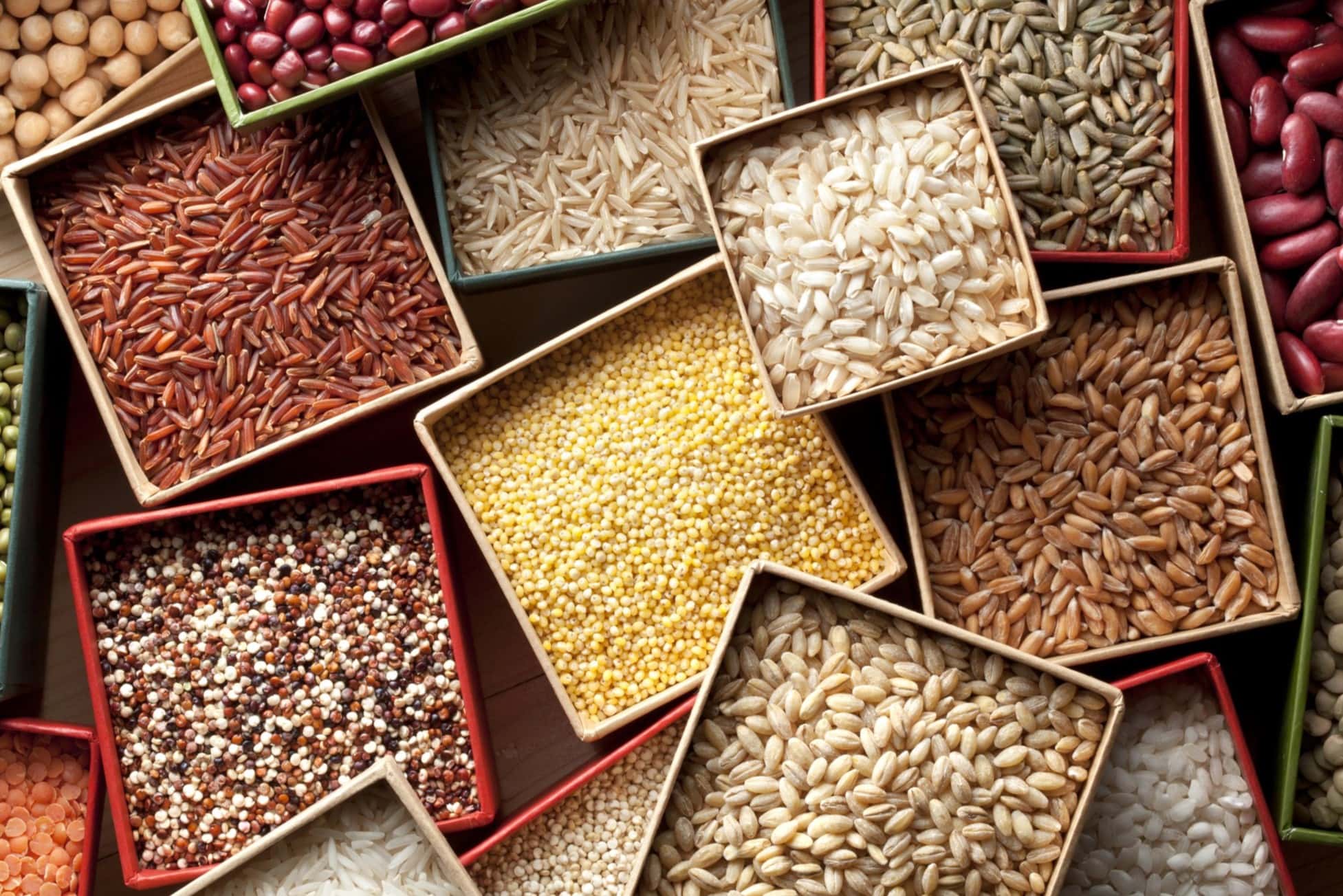
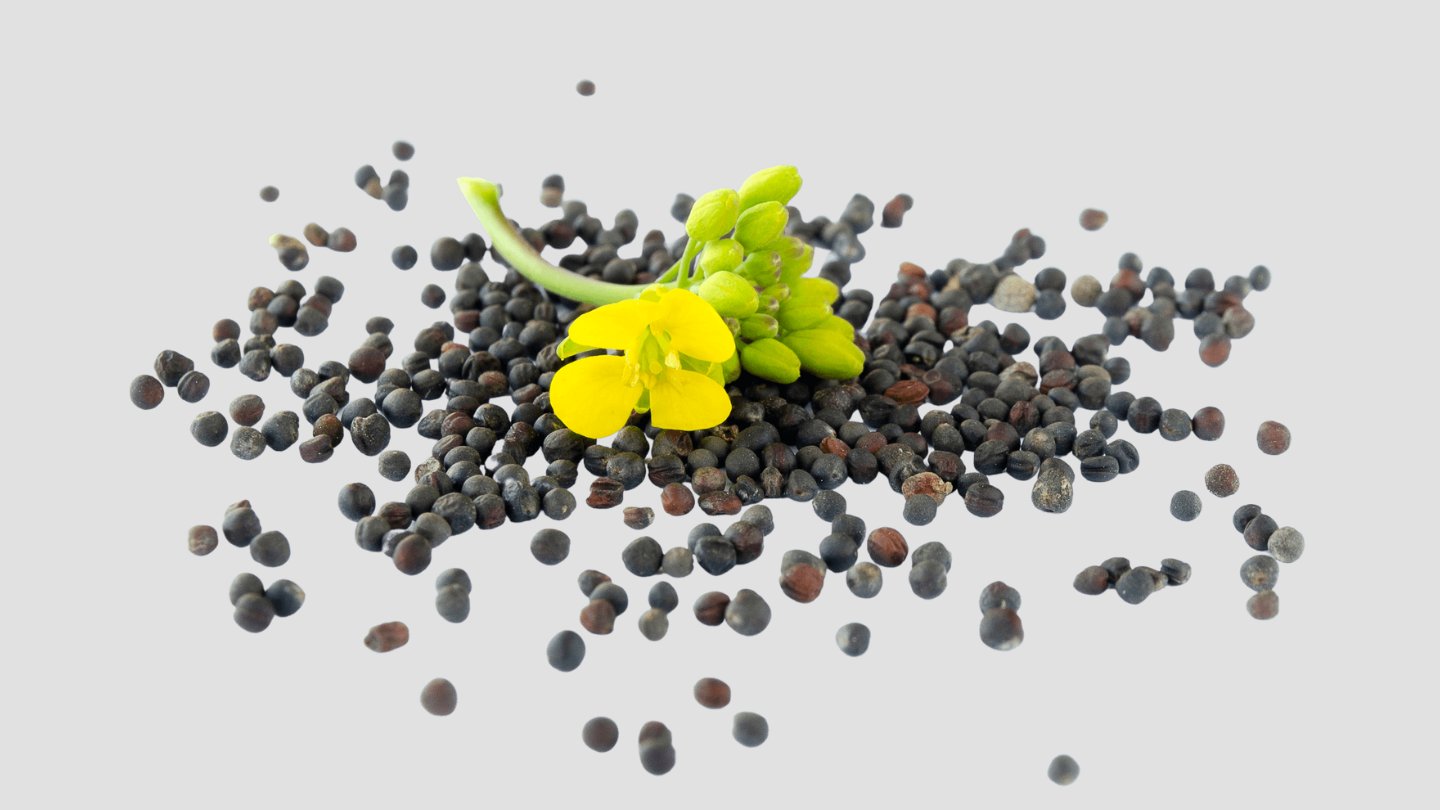
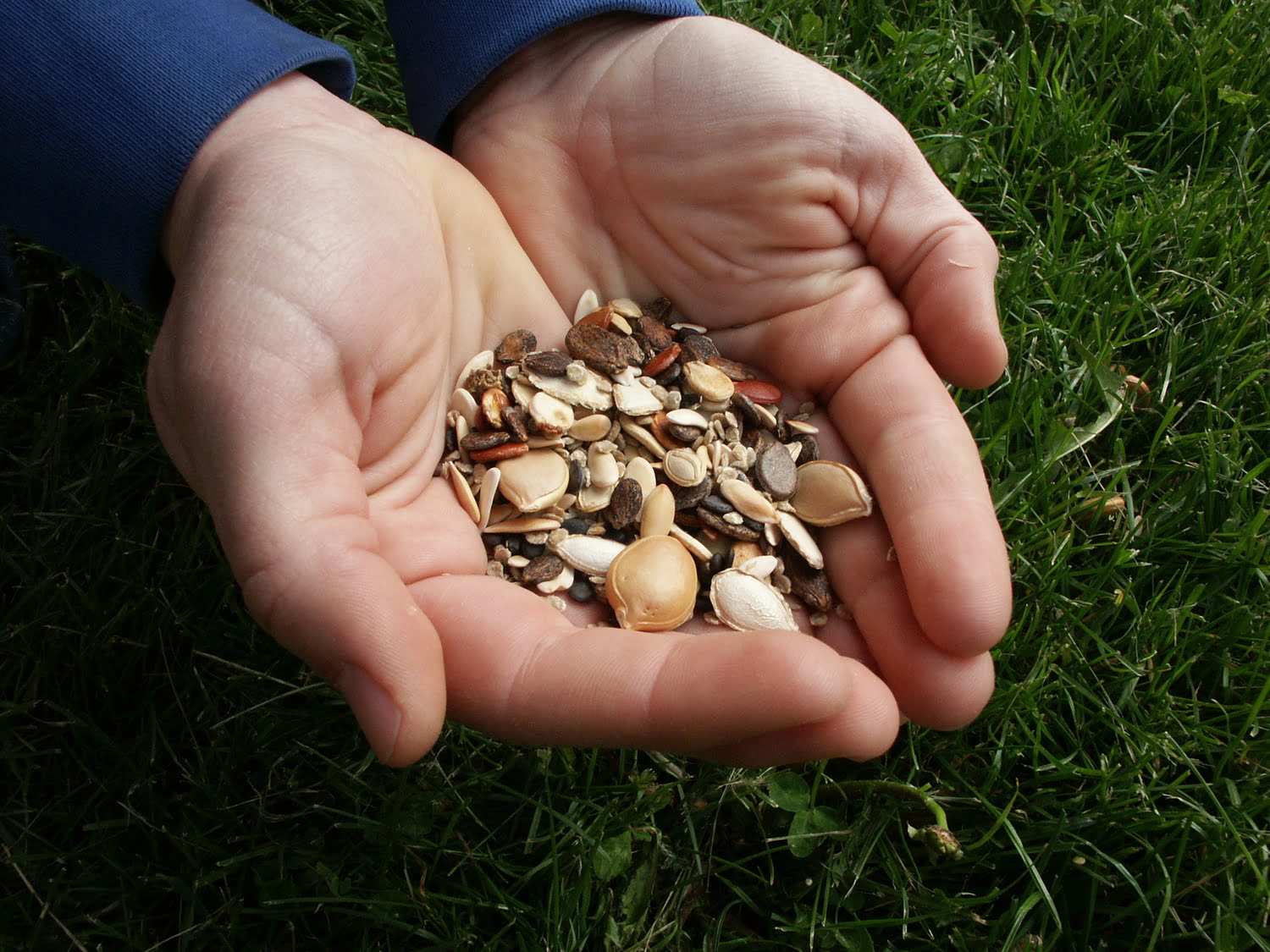
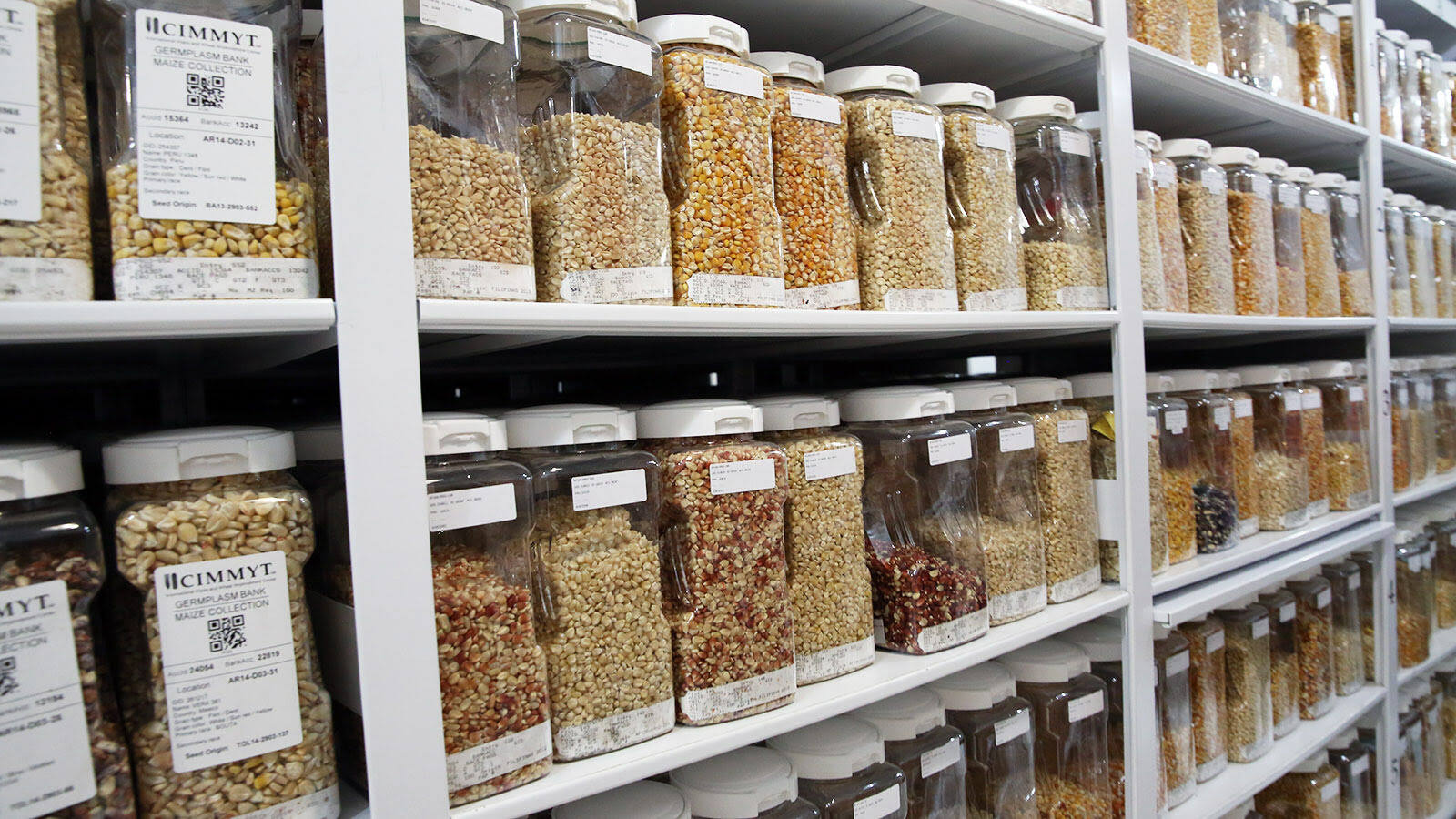
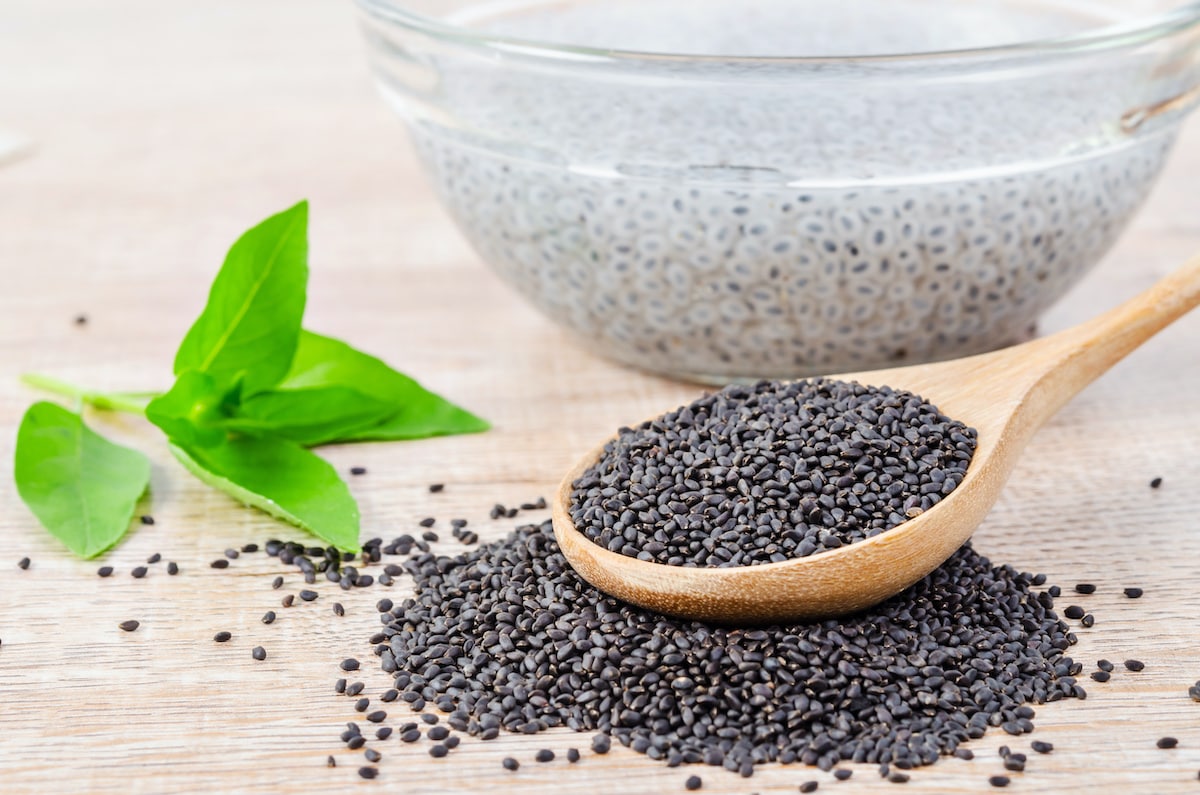
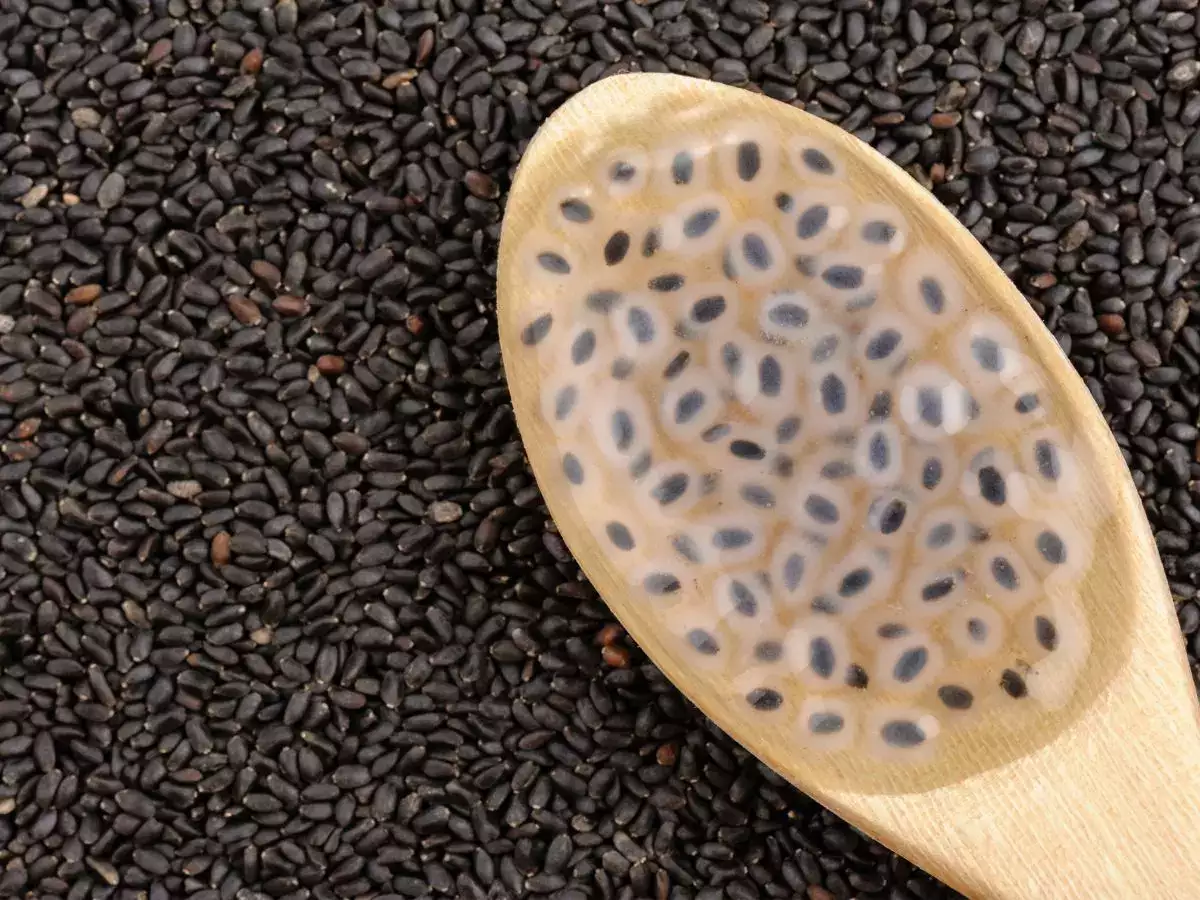
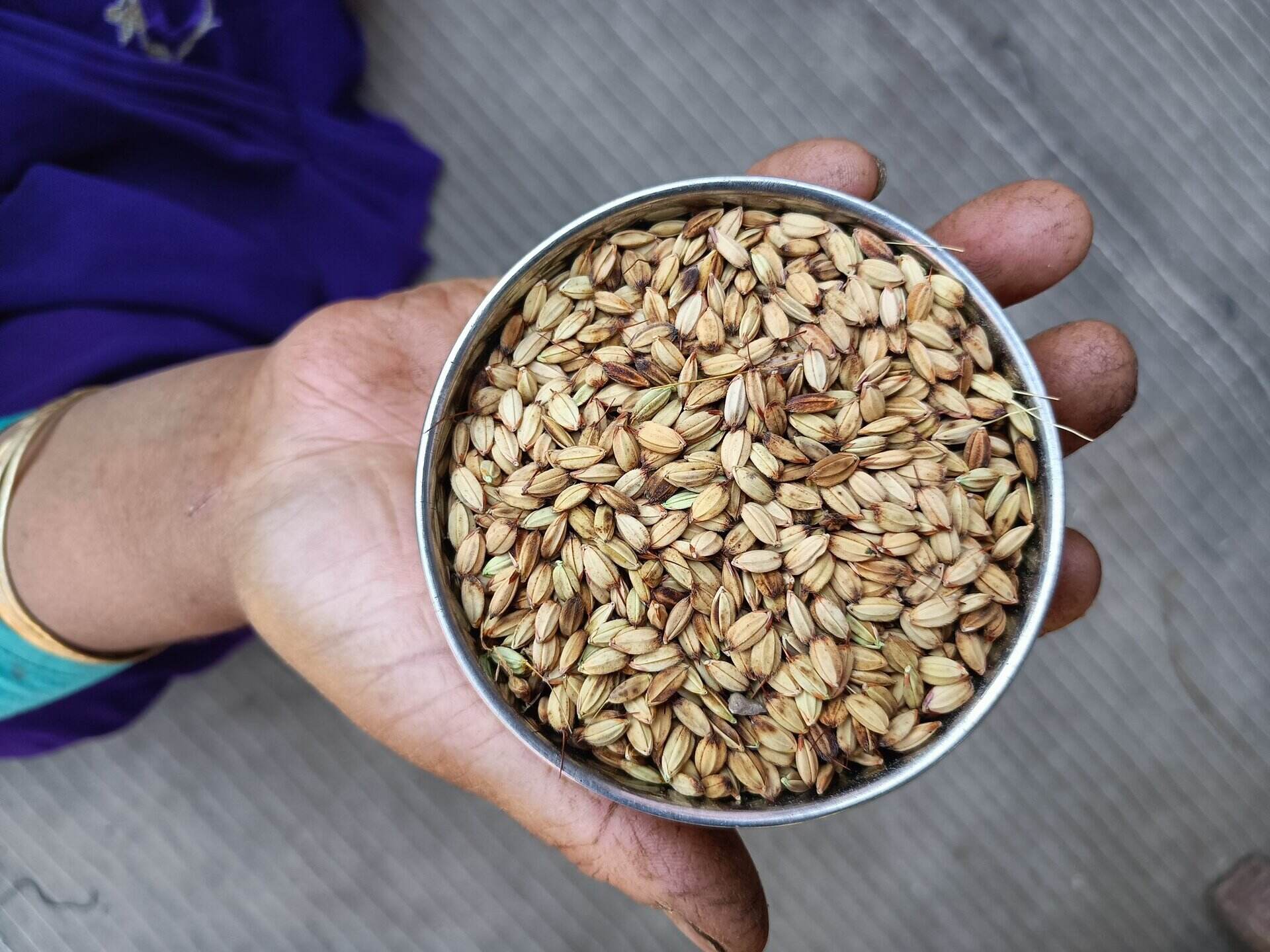
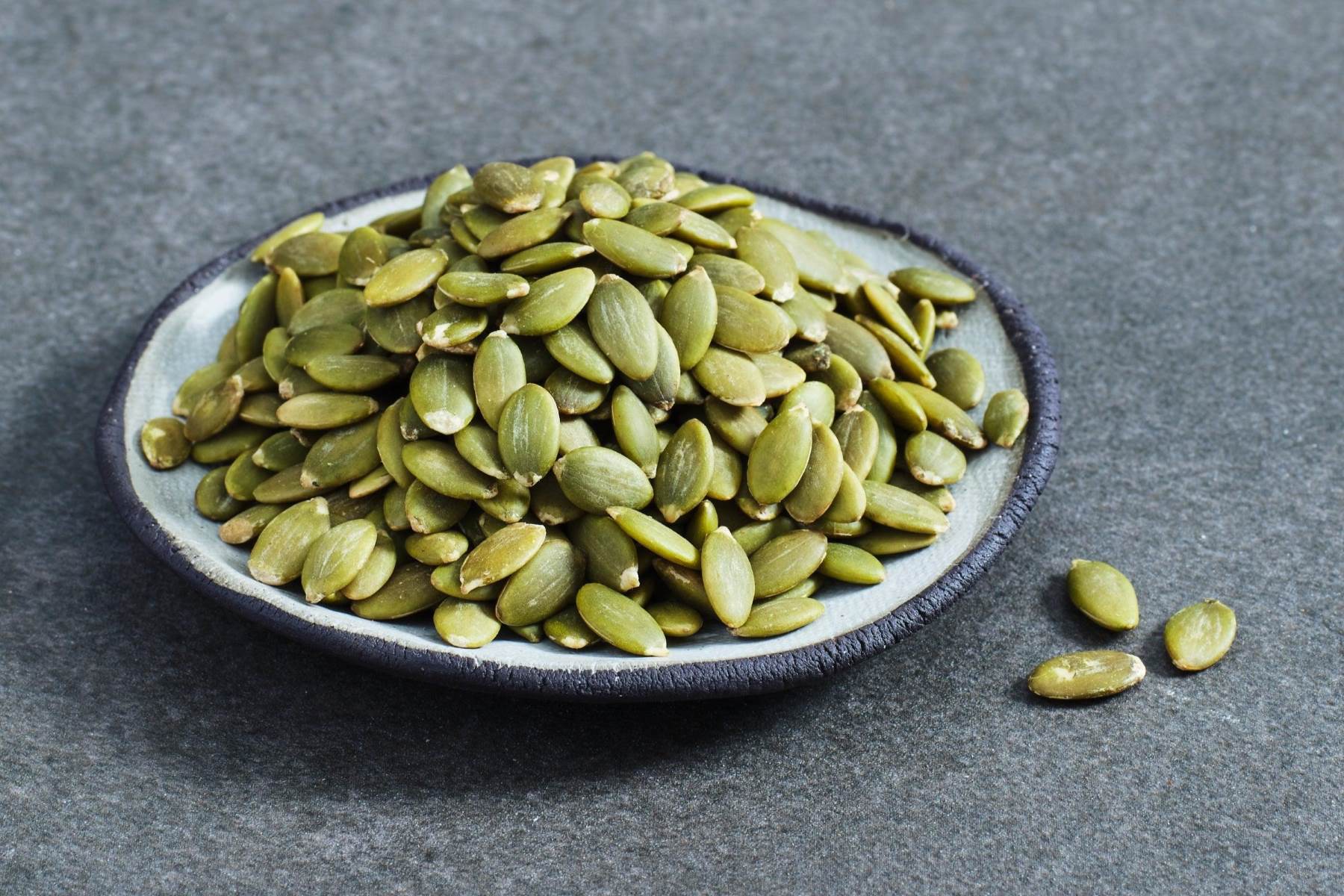
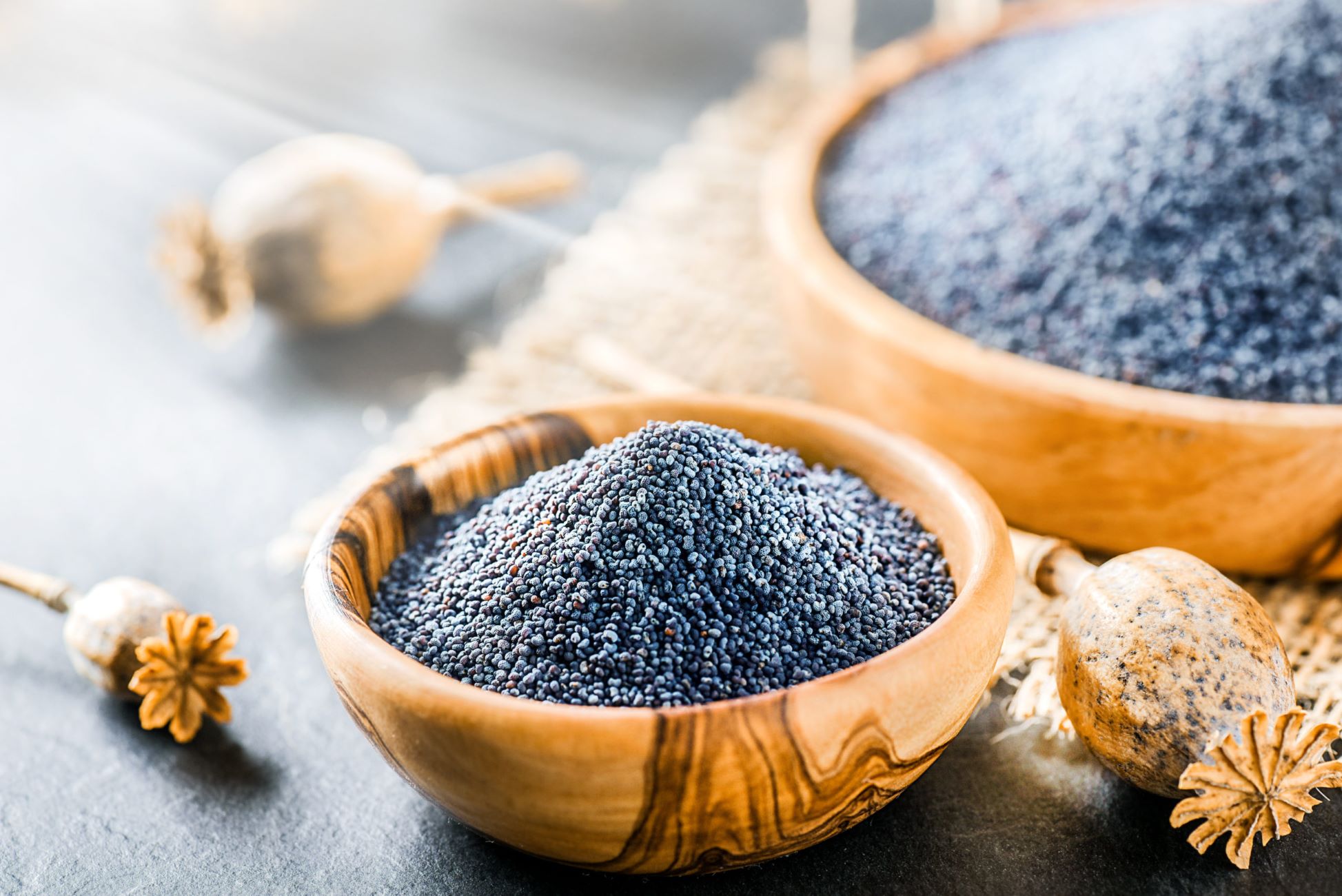
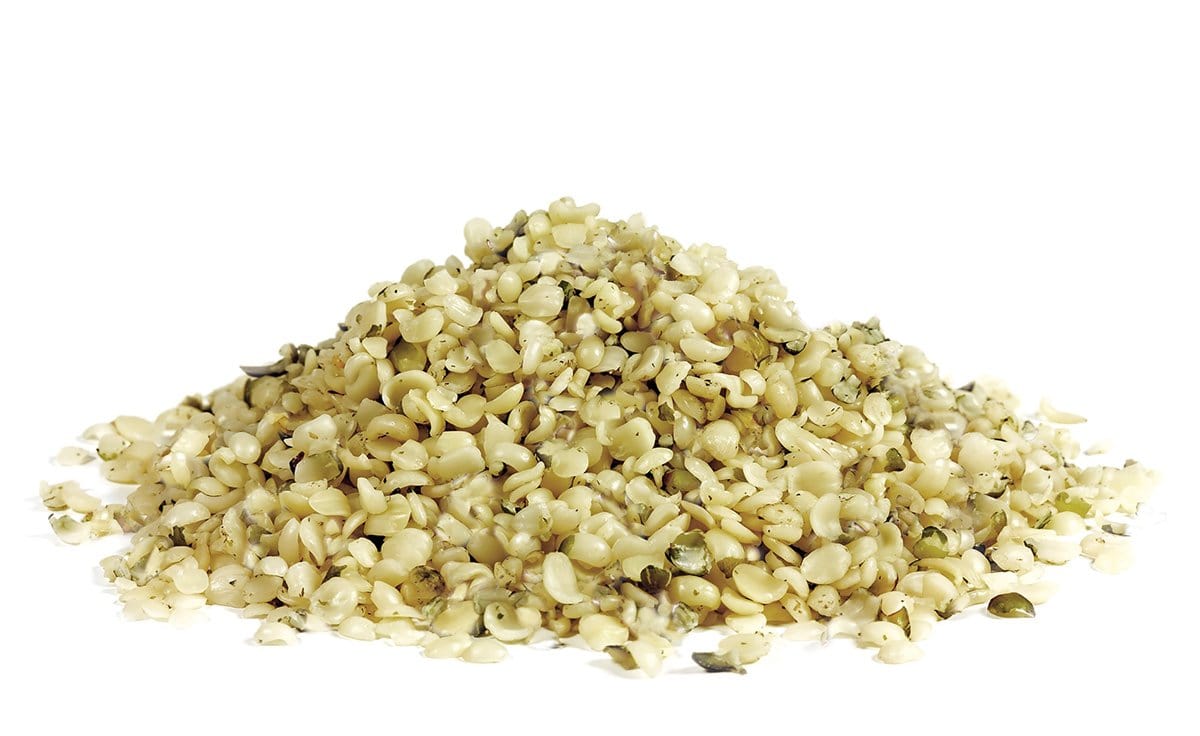
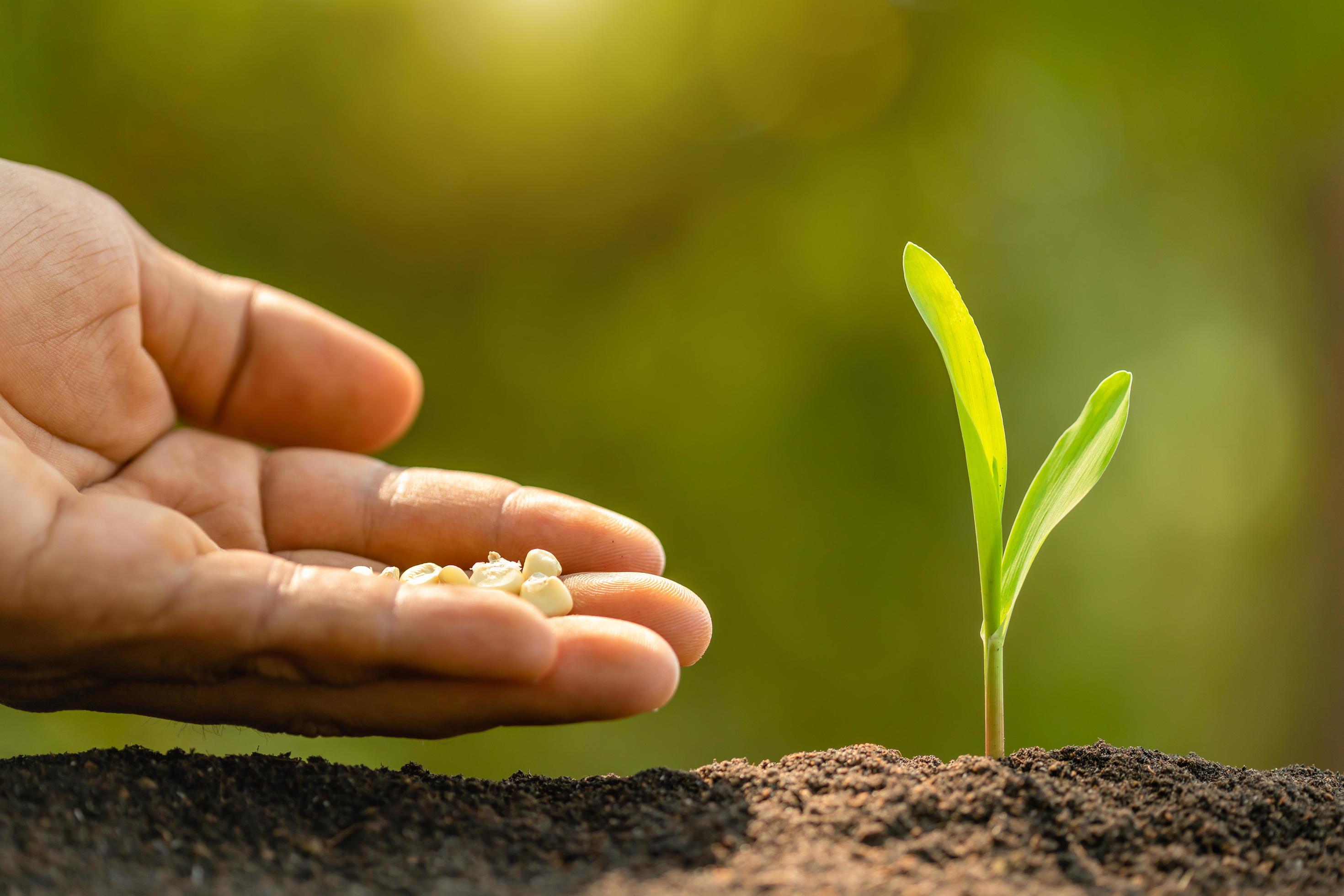
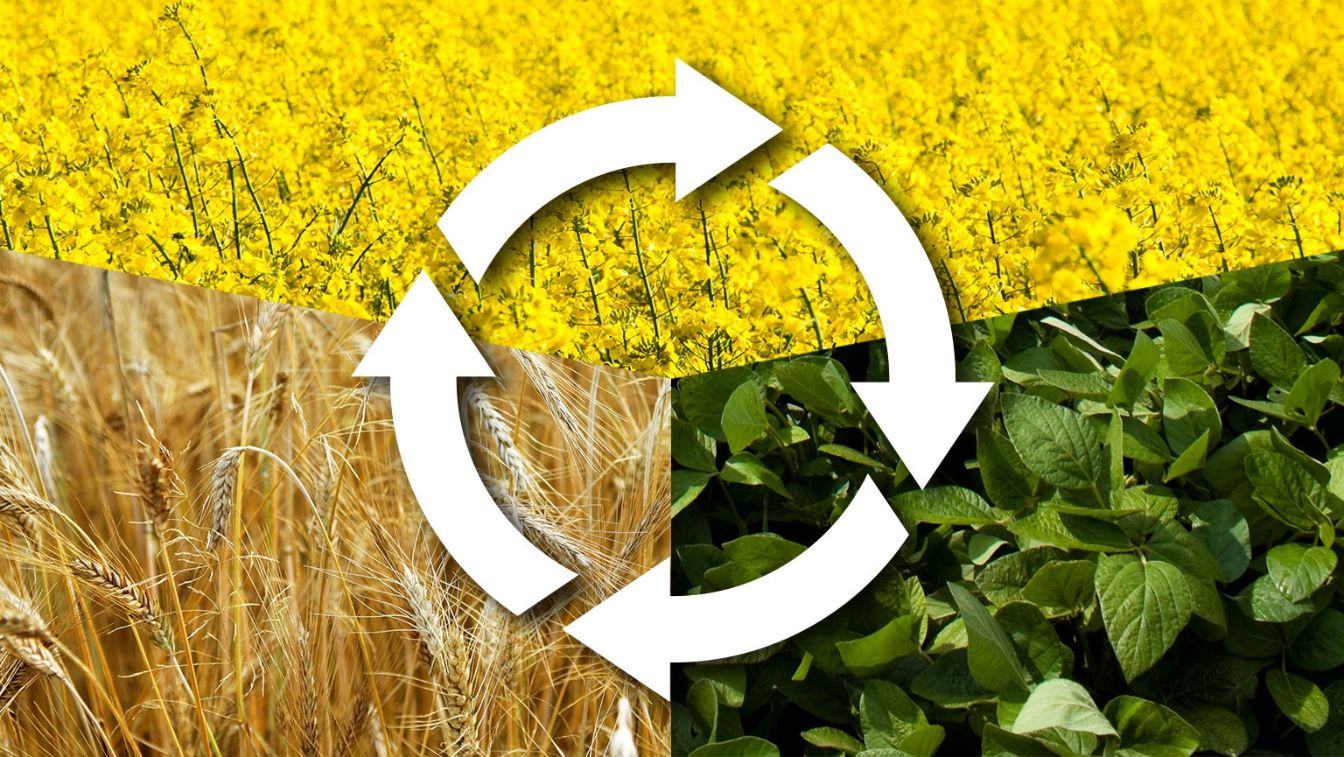
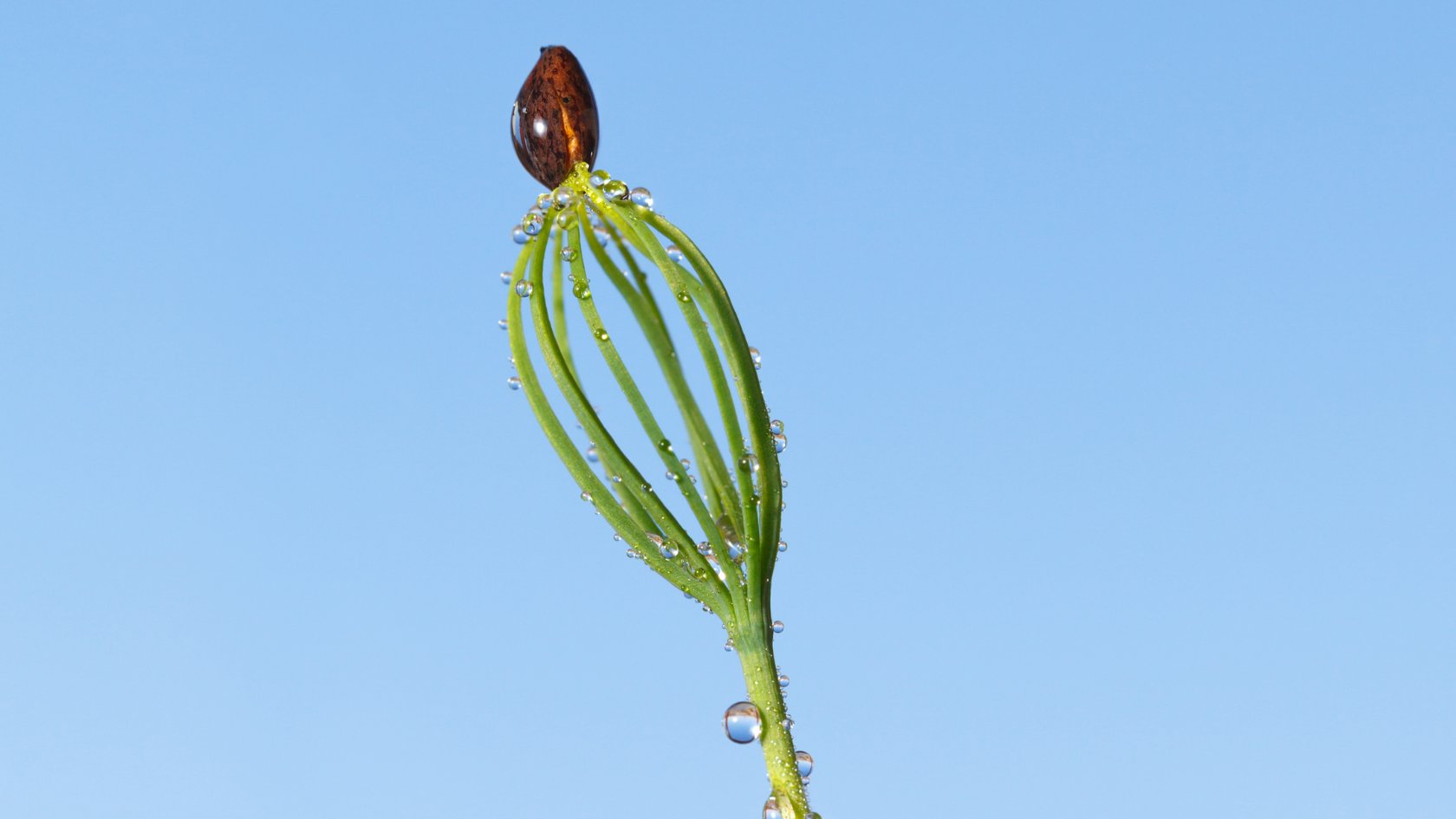

0 thoughts on “What Is A Canola Seed”